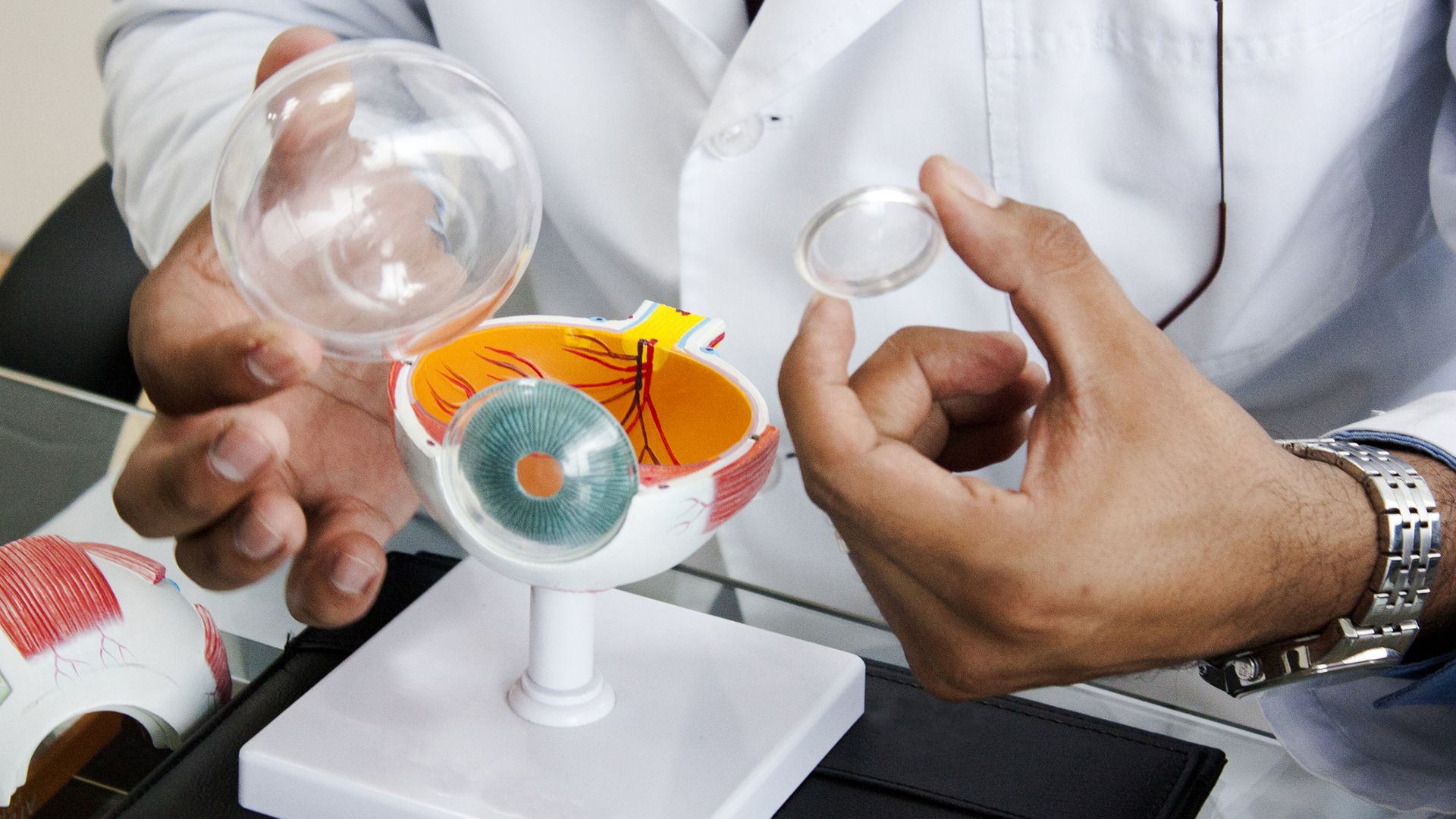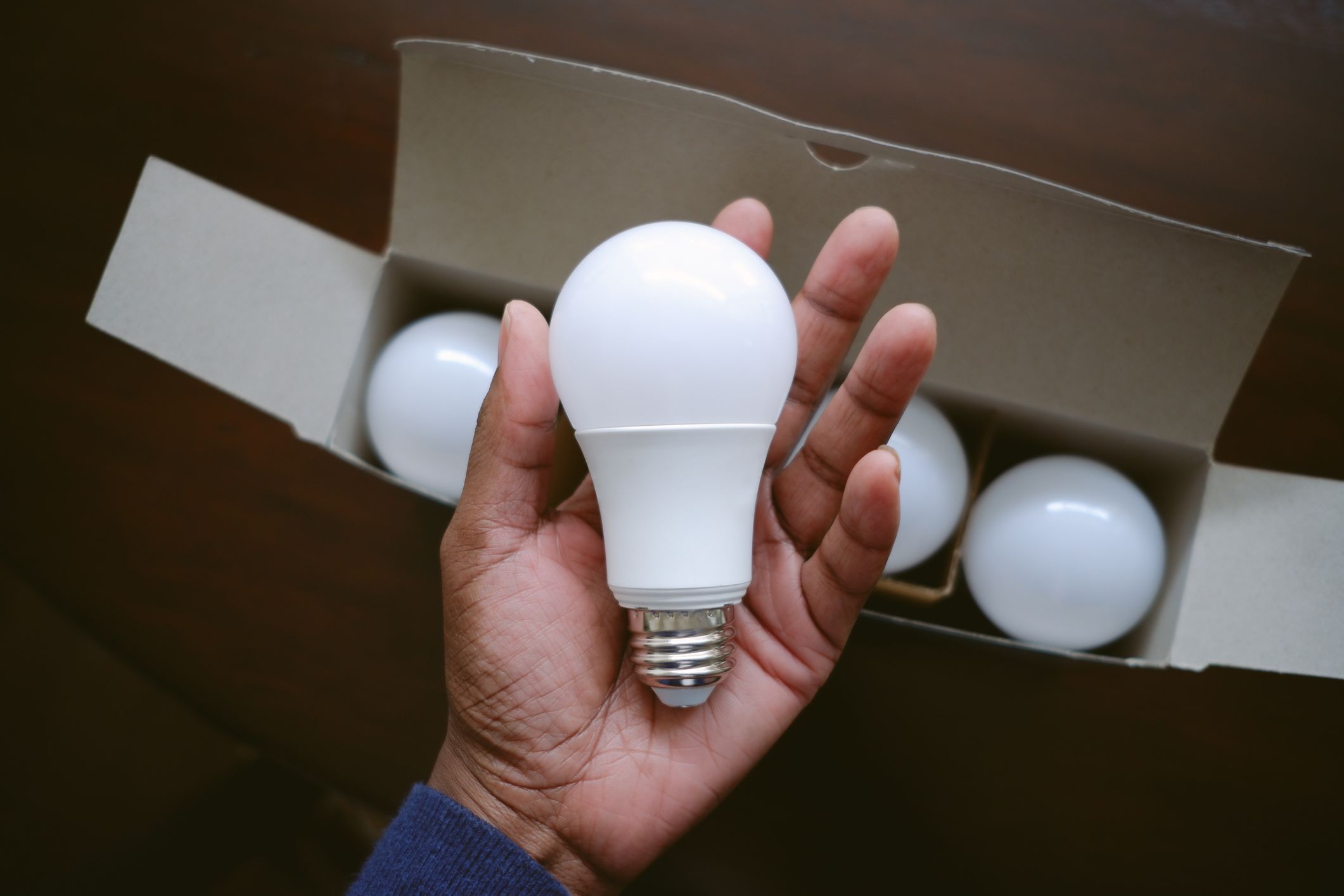Updated on September 10, 2024
Wet AMD is an advanced form of age-related macular degeneration (AMD). Also known as neovascular AMD, wet AMD involves the formation of new, abnormal blood vessels in and around the retina and macula. The retina and macula are the parts of the eye that enable central vision, the ability to focus on objects in front of the eyes and see details.
The blood vessels that form when a person develops wet AMD do not function well, and leak blood and fluid into the delicate cells that make up the retina and macula. This can cause rapid and significant loss of central vision.
There is no cure for wet AMD, but there are treatments that can help slow the progression of the disease. The standard for treatment is anti-VEGF therapy, injections of medications into the eye that block a substance called vascular endothelial growth factor (VEGF), which plays an essential role in the formation of new blood vessels.
Anti-VEGF therapy involves receiving injections into the eyeball—which is understandably intimidating—but it can be effective at preventing vision loss from becoming worse.
Tips to relax before an intravitreal injection
An injection into the eyeball is called an intravitreal injection. If your healthcare provider has recommended a treatment that involves an intravitreal injection and you are nervous about the procedure, know that you are not alone. Many people who require this type of therapy feel nervous before their appointment.
Here are five strategies that can help you relax.
Talk to your healthcare provider
Remember that your healthcare provider is there to help you. If you are feeling nervous, bring this up ahead of time. Your healthcare provider can explain the process and may have tips to help make the process easier. For example, diming the lights in the exam room, playing music, providing a stress ball to squeeze, and/or giving a verbal warning before the injection.
Bring a friend for support
Having a friend or loved one accompany you to an appointment can be helpful for a number of reasons. A friend can take notes during your conversation with your healthcare provider, provide emotional support, and help you get to and from an appointment safely if you are unable to drive due to wet AMD. A friend or loved one may also be able to accompany you during the injection—knowing they are there or having a hand to hold can make it easier.
Work with a mental health professional
Vision loss can have a negative impact on mental health, and people who experience vision loss due to conditions like wet AMD can benefit from working with a mental health professional. If you are working with a therapist, social worker, or counselor, bring up your concerns about intravitreal injections. Research has found that psychiatric treatment can help people with injection phobias resume treatment with intravitreal injections.
Reduce stress as much as possible
You should also take steps to reduce stress in the days and hours leading up to an appointment for an intravitreal injection. Take time to do things you enjoy, practice mindfulness activities like yoga or meditation, get enough sleep, eat well, exercise, and spend time with loved ones. During the injection, try to breathe deeply and think about a happy experience.
Keep your treatment goal in mind
Without treatment, wet AMD will progress and will cause more severe vision loss. Receiving anti-VEGF injections can protect your vision. Try to keep this goal in mind when it comes time for an appointment.






